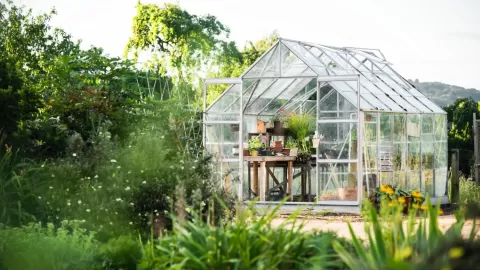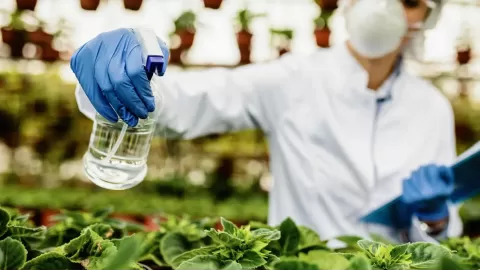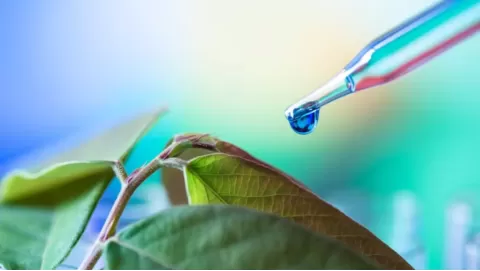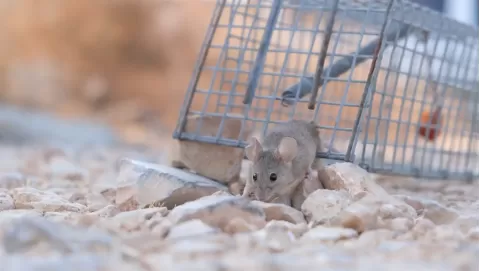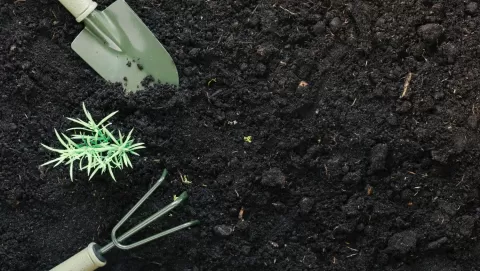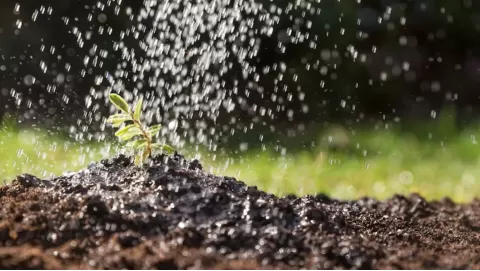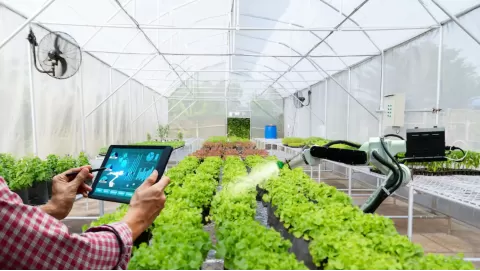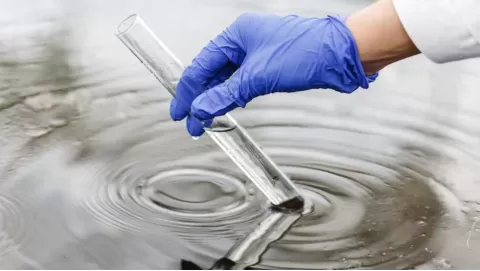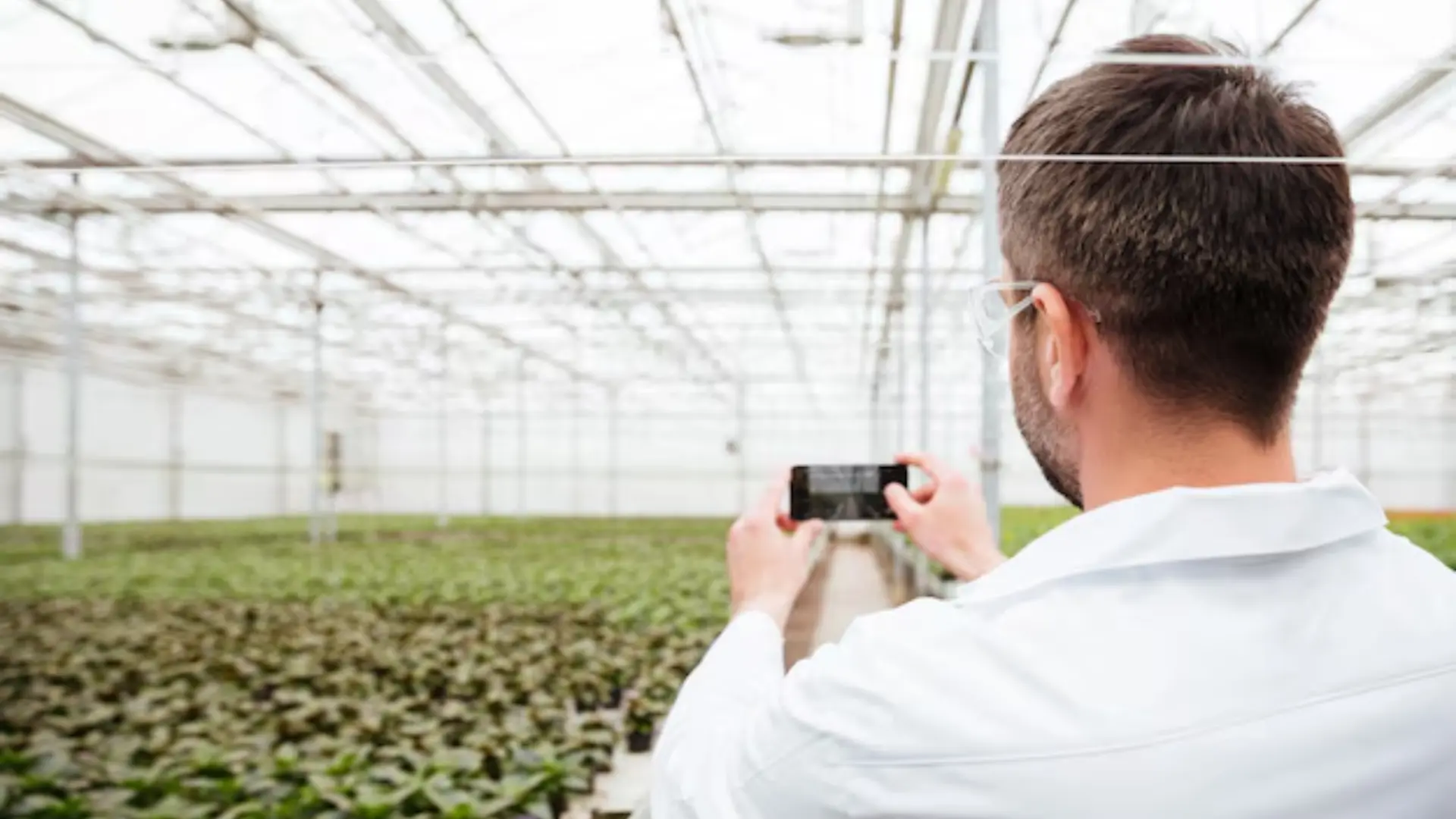
Airflow and Light Optimization: CereneAir and Canopyflo Innovations
- Airflow Benefits: Proper airflow prevents mold, pests, and disease while enhancing CO₂ distribution for photosynthesis.
- Light Optimization: Balanced light intensity, spectrum, and duration are key to maximizing crop growth and health.
- CanopyFlo Efficiency: Optimized airflow systems can reduce utility costs by up to 30%.
- CereneAir Efficacy: CereneAir eliminates 99.99% of airborne pathogens in as little as 1.2 seconds.
- Microclimate Elimination: Advanced airflow solutions ensure uniform growing conditions across all tiers.
- Indoor Agriculture Goals: Sustainability, efficiency, and profitability are the primary objectives of modern indoor farming innovations.
In the constantly changing field of indoor agriculture, providing ideal growth conditions is essential to maximizing plant health, productivity, and efficiency. The goal involves optimizing airflow and light distribution to provide a regulated environment that encourages uniform development while minimizing dangers like illness, poor air circulation, and irregular light distribution.
Eliminating microclimates that might support pests and diseases, airflow guarantees uniform distribution of humidity, temperature, and CO₂ levels. On the other hand, light optimization ensures that all plants receive sufficient light for photosynthesis, promoting strong development across all levels, even in systems with several tiers. All of these things work together to provide an indoor farming arrangement that is effective, long-lasting, and profitable.

Innovative companies like CanopyFlo and CereneAir are revolutionizing how growers approach these challenges. By taking advantage of these innovations, farmers may improve their operations' efficiency, sustainability, and profitability.
What is Airflow and Light Optimization in Indoor Gardening?
Optimizing airflow and light levels is essential when cultivating plants inside to create an optimal growing environment. Photosynthesis, nutrient absorption, and general plant development depend on enough light and air movement, which these techniques provide.
Key aspects of airflow optimization:
- Air Circulation: Mold, bugs, and temperature inequalities can all result from air not moving around enough, which is why air circulation is so important.
- CO₂ Distribution: Ensuring that plants have enough carbon dioxide for photosynthesis is the job of CO₂ distribution.
- Humidity Control: Reduces the danger of illnesses caused by excessive moisture through humidity control.
Key aspects of light optimization:
- Intensity: Gives plants the energy they need to undergo photosynthesis without overtaxing or harming them.
- Spectral: Promotes various development phases by simulating natural sunshine or focusing on particular wavelengths.
- Duration: Controls the light cycle, which affects the growth stages of plants (flowering and vegetative).
Indoor gardeners may maximize harvests and encourage healthy plant development by integrating these strategies into their growing conditions.
CanopyFlo: Revolutionizing Airflow for Indoor Agriculture
Regarding air circulation and environmental management, CanopyFlo is revolutionizing how indoor growers do it. Whether you have a single—or multi-tier rack system, CanopyFlo can help you achieve optimal HVAC efficiency, plant health, and the elimination of microclimates with exact airflow solutions. Thanks to its dedication to innovation and extensive background in HVAC, CanopyFlo has established itself as a reliable partner.
What Makes CanopyFlo Unique
Precision Airflow Distribution: Precision airflow distribution eliminates microclimates by maintaining constant air velocity, temperature, humidity, and CO₂ levels.
Customizable Solutions: Modular systems can be easily adjusted to accommodate grow rooms with one or more levels.
Energy Efficiency: Clients have reported utility expense reductions of up to 30% due to enhanced airflow tactics, demonstrating energy efficiency.
Products and Features
The Role of Air Circulation in Plant Health and Growth
Maintaining a well-ventilated grow space is important for the well-being of your plants, but that's not all it does: increased oxygen levels, disease prevention, and uniform plant development benefit well-ventilated gardens.
Why proper air circulation is essential:
- Prevents Pests and Diseases: Air movement interrupts the life cycle of pests, diseases, and mold.
- Regulates Temperature and Humidity: Ensures uniform conditions to avoid stress in plants.
- Improves Nutrient Uptake: Plants can "breathe" more effectively, improving nutrient uptake.
Tips for effective air circulation:
- For equal air distribution, use oscillating fans.
- To keep plants from physically stressing out, keep them away from direct airflow.
- Invest in technologies that filter the air to keep it clean and pollutant-free.
A well-designed HVAC system is essential for maintaining optimal airflow in indoor gardening environments, ensuring consistent temperature and humidity levels. Efficient circulation of cold air and cool air during warmer months prevents heat stress, while proper distribution of warm air and removal of hot air in colder conditions ensures uniform plant growth.
Poor ventilation can lead to stagnant air, increasing the risks of mold and pests, but advanced systems that limit temperature variations to 0/1–4 degrees create a stable environment that supports healthy crops. Incorporating technologies like heat pumps not only enhances temperature control but also helps reduce energy costs, making indoor agriculture more sustainable and productive.
CereneAir: Redefining Indoor Air Quality for Grow Environments
CereneAir is reshaping the air purification industry, removing airborne viruses, molds, and volatile organic compounds (VOCs). Delivering unmatched air quality and guaranteeing a safer, cleaner growth environment for plants and humans alike, CereneAir solutions eliminate 99.99% of dangerous pollutants in only seconds, unlike standard air filtering systems.
CereneAir vs. Traditional Air Purifiers
CereneAir isn't just about filtering air—it's about revolutionizing it. By providing growers with continuous, safe, and highly effective air purification, CereneAir ensures optimal environments where plants, people, and productivity flourish.
Combatting Microclimates with Advanced Airflow Solutions
Plants can't thrive in microclimates, small areas with varying temperatures, humidity, or airflow that can attract pests and illnesses. Advanced airflow systems can eliminate these irregularities and guarantee that the grow room maintains uniform conditions.
How advanced airflow solutions work:
- Oscillating Fans: Distribute air evenly, preventing stagnant zones.
- Ducted Systems: Channel fresh air to hard-to-reach areas.
- Smart Controls: Monitor and adjust efficient airflow automatically based on environmental data.
Benefits:
- Improved humidity control reduces disease risks.
- Balanced temperatures enhance plant growth.
- Optimized CO₂ distribution boosts photosynthesis.
The Bottom Line
Innovative technologies provided by companies like CereneAir and CanopyFlo allow the indoor agricultural industry to reach new heights of efficiency and production. These businesses are helping farmers make greenhouses where plants can flourish in perfect conditions by focusing on two important factors, ventilation and air quality.
Using CanopyFlo's precise airflow systems, which guarantee consistent conditions, microclimates aCanopyFlo'sed, enhanced plant health, and reduced operating expenses. CereneAir's innovative air purification technology fosters healthier and safer environments for plants and workers by delivering unsurpassed pathogen eradication.
All of these developments show how much of a difference it can make when innovation and sustainability work together. By adopting these solutions, growers may improve crop quality, increase yields, and ensure the long-term viability of indoor agriculture. Not only is modern airflow and air purification technology enhancing growth, but it is also reshaping the basis of contemporary farming.
FAQs
Q1: Why is airflow necessary in indoor agriculture?
A: Airflow ensures even demperature, humidity, and CO₂ levels, distribution preventing microclimates that can lead to pests, diseases, and uneven plant growth.
Q2: How does light optimization impact plant growth?
A: Proper light optimization provides plants with sufficient energy for photosynthesis, promotes even growth, and supports various development stages, such as flowering and vegetative phases.
Q3: What sets CereneAir apart from traditional air purification systems?
A: CereneAir uses patented oxidation technology to eliminate 99.99% of airborne pathogens in just 1.2 seconds without emitting harmful byproducts, ensuring safe and continuous air purification.
Disclaimer: This material is for informational purposes only and should not be relied on for legal, medical, financial, or any other form of professional advice.









